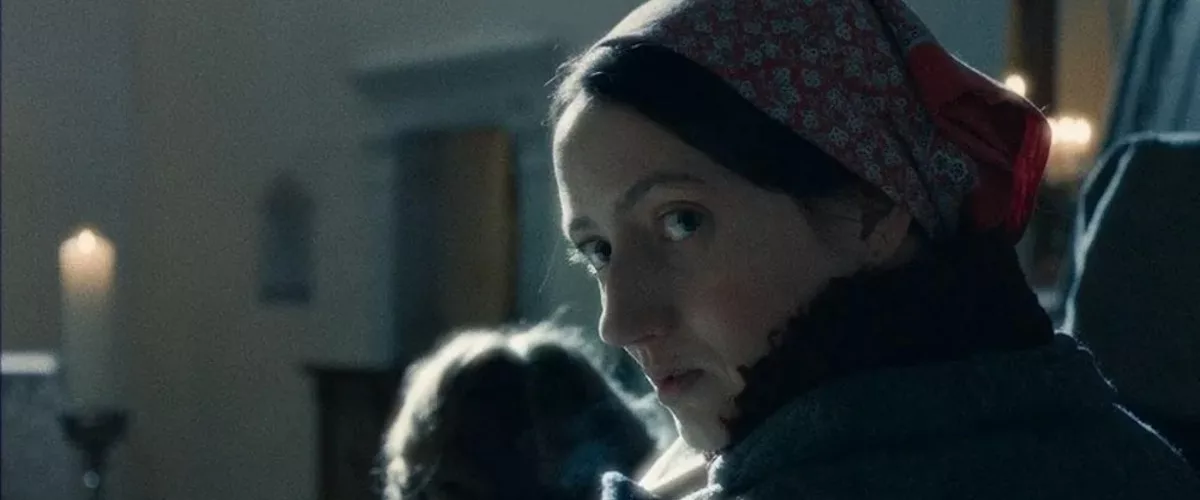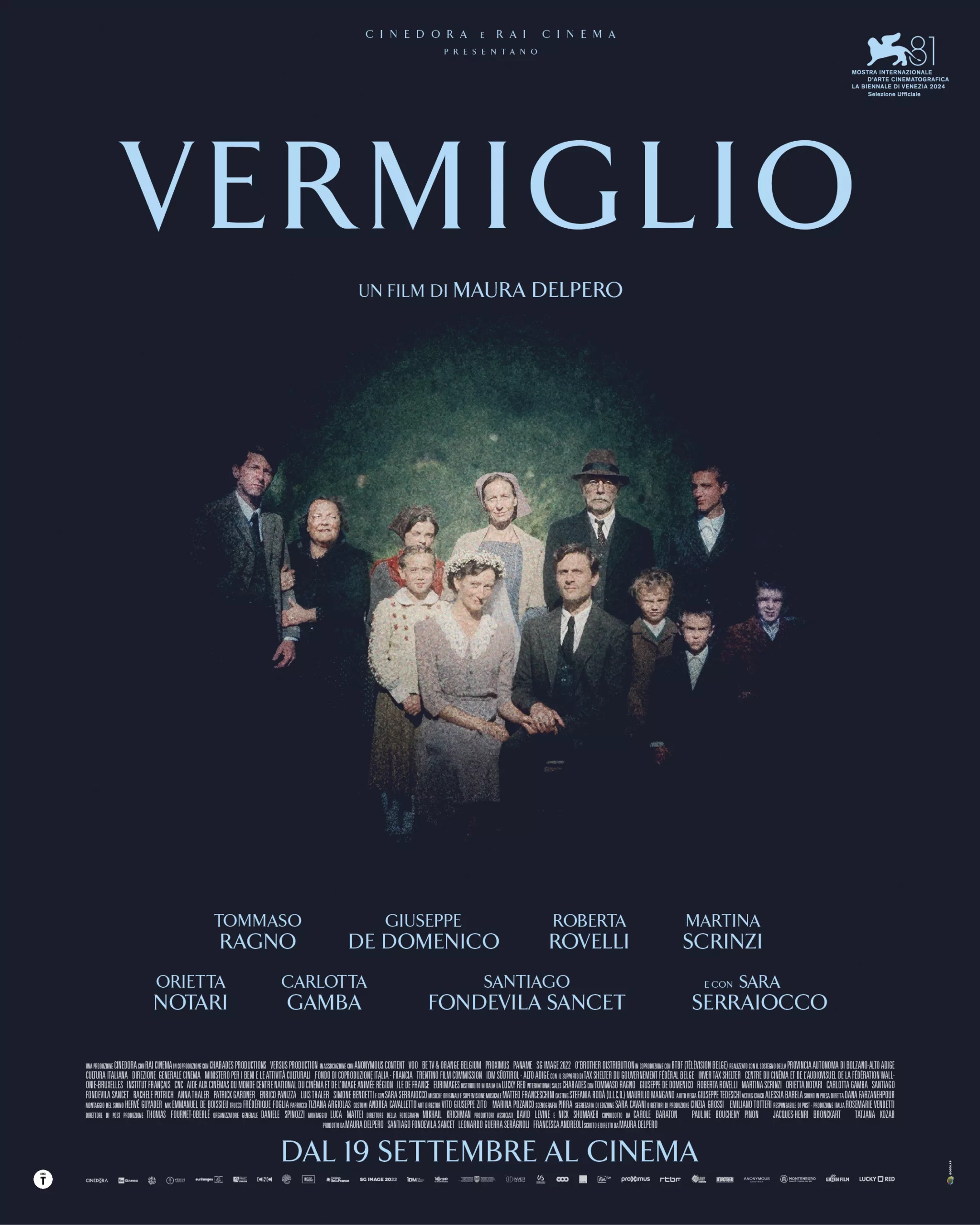“Vermiglio,” about the lives of villagers in the mid-century Italian Alps near the end of World War II, is the rare movie set in the past that seems attuned to the consciousness of the time it depicts.
The film was written and directed by Maura Alpero, who based the script on stories from her own family, and shot by cinematographer Mikhail Krichman, whose compositions are elegant and clean and give the eye space in which to roam. The storytelling is graceful and deliberate. OK, yes, it’s slow—on purpose, for effect. There’s more silence and ambient noise than music. Scenes have beginnings and endings and are laid end-to-end in a clear progression of cause-and-effect that you could map out on a timeline. Sometimes, it will present you with, say, a static exterior shot of a small home or schoolhouse or stable on a mountainside with forbiddingly gorgeous peaks towering over the background, and wait patiently while characters trudge through the frame as the wind moans or whistles. This is a different way of seeing and experiencing reality. The presentation of an old way of life has something like the shock of the new.
The main character is Lucia (Martina Scrinzi), the eldest daughter in a family headed by an educated and philosophically inquisitive teacher, Caesar (Tommaso Ragno). Caesar runs the local schoolhouse, a cramped one-room structure where kids of different ages gather to learn. The student body includes Lucia and Caesar’s various other children, save for the youngest, an infant who is sick.
Without any explicit verbal summaries, the movie makes it clear that this is a highly patriarchal society that doesn’t question its organizing principles. Exhibit “A” is the mother of Ceasar’s children, Adele (Roberta Rovelli), who, judging from the spacing of her offspring, has been pregnant more often than not over the last sixteen or so years. The girls in the family struggle against these gender constraints, which nobody in the village would think to describe in such a way. Flavia (Anna Thaler) is the most ambitious daughter and the smartest student in the house. It seems clear that she will be the only one of the offspring to leave the village, attend boarding school, and make something better, or at least different, from her life. Another sister, Ada (Rachele Potrich), might turn goth if she were a 21st-century girl. She’s moody and secretive and keeps a journal, and goes behind closed doors by herself to do things that girls aren’t supposed to do. The city is calling her, but she just hasn’t realized it yet.
A buzz of gossip accompanies the arrival of a handsome but furtive young soldier named Pietro (Giuseppe De Domenico), a Sicilian soldier who saved the life of one of the family’s uncles in war. Pietro is a deserter, which makes him an object of controversy. There’s a scene where villagers debate the appropriateness of sheltering somebody like this. Opinions are divided as to his moral worth: deserting is bad, according to what society has taught them, but Italy and Germany are both on the verge of collapse because they fell prey to fascist ideology, and war itself is awful and stupid and pointless, so maybe desertion is not such a bad thing here?
Lucia isn’t interested in parsing the details: she falls in love with Petro at first sight, and the closeup of her turning to look at him as he sneaks into a church service late is so quietly powerful that it would be right at home in an Italian Neorealist movie made in the late 1940s. A relationship between them is a narrative inevitability, but it doesn’t unfold as you expect it to, based on a lifetime of watching movies. It’s more like how you’d hear about events in real life: somebody is away from your attention for a while, and when they re-enter it, there have been major changes.
The movie has the feeling of a tale passed down through generations. A lot of the time we don’t know why characters make particular choices, only that they make them. Sometimes a silent glance is all it takes to communicate that a change is about to occur, or happened offscreen.
This is not a story of kings and queens and generals, but of ordinary people trying to get through the days and years. It made me think about my own family history, and how little I actually know about it, past a certain point. You can look at the family tree and future out the basics, but you’ll never know the moments when decisions were made, on the basis of, say, a handsome young man slipping into a church mid-service, because nobody wrote the story down, and the witnesses are all long-gone.




















